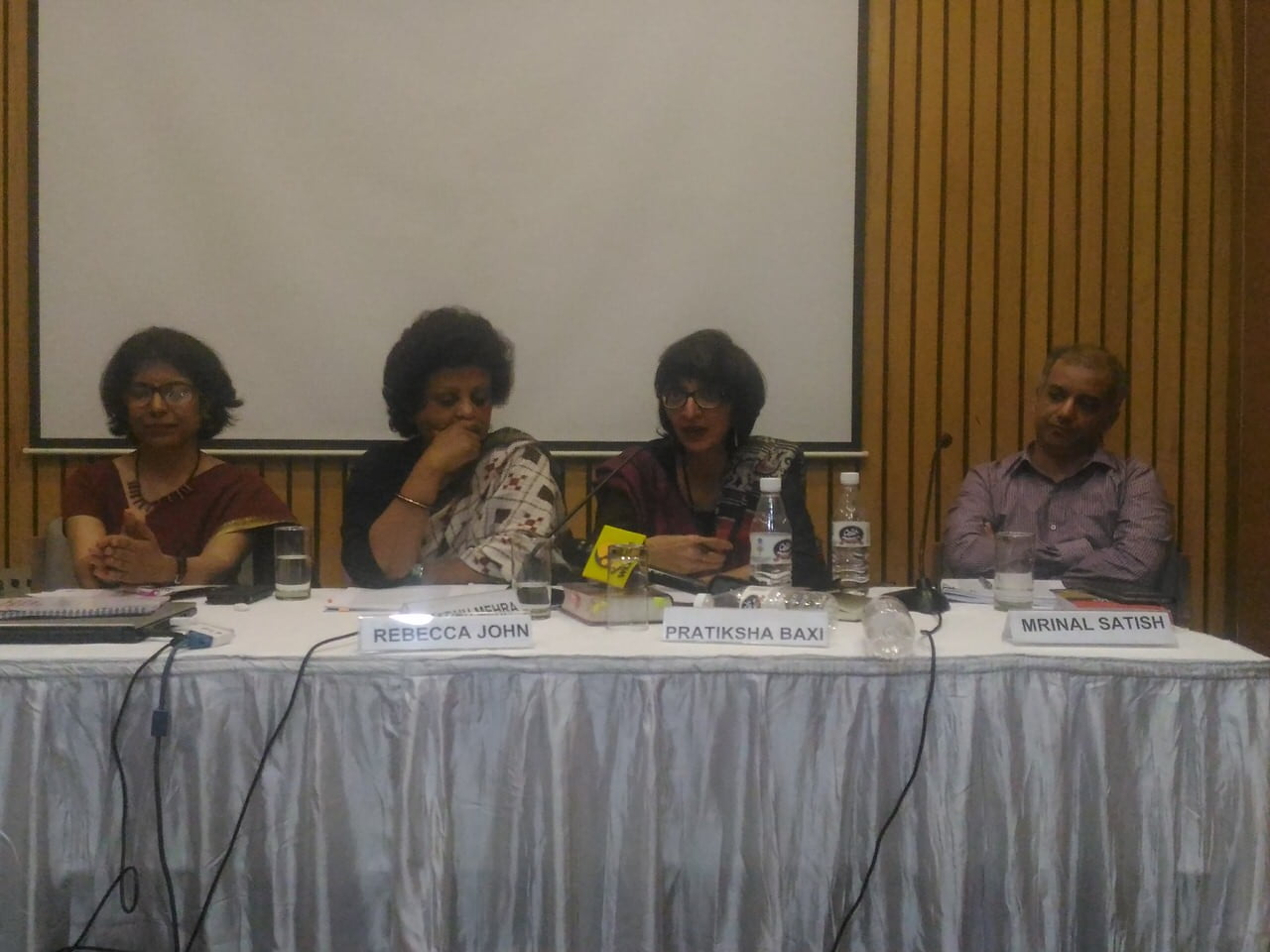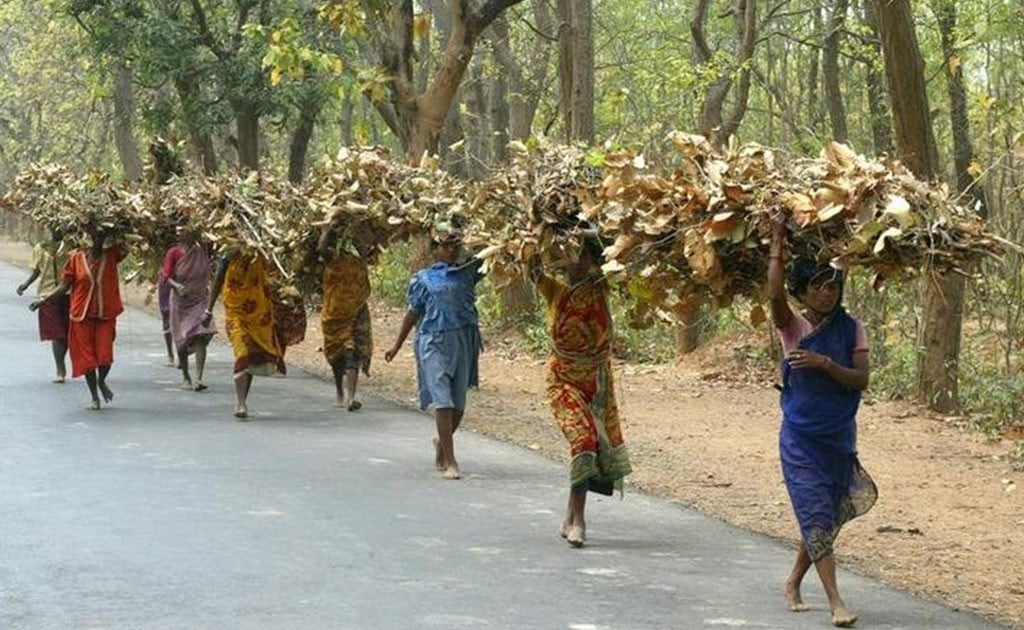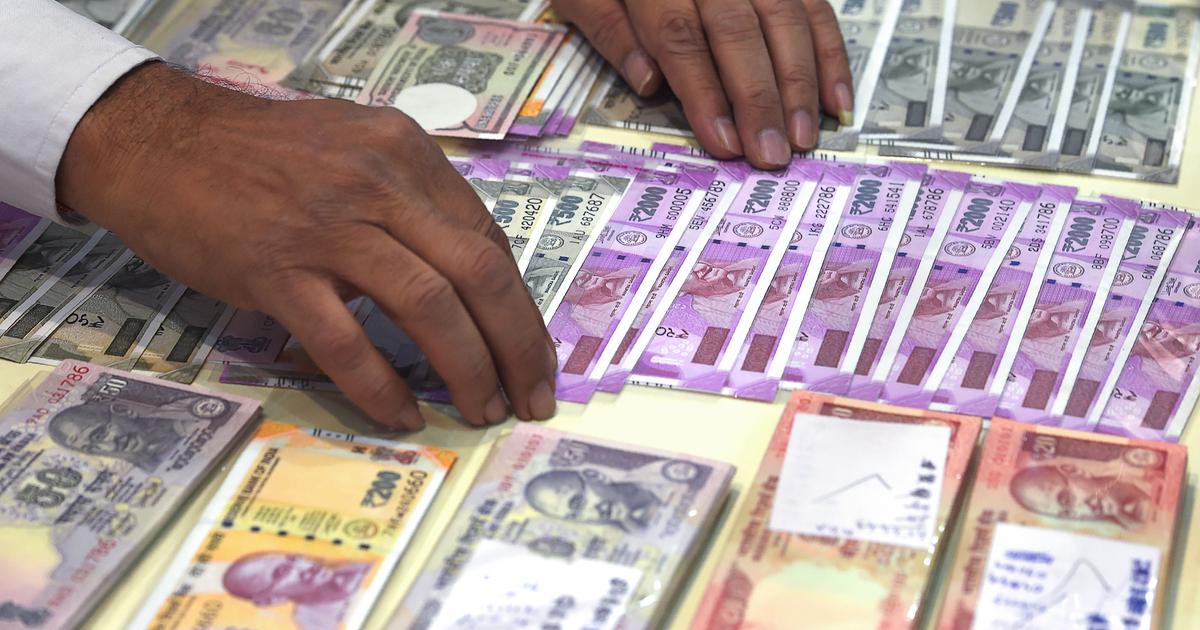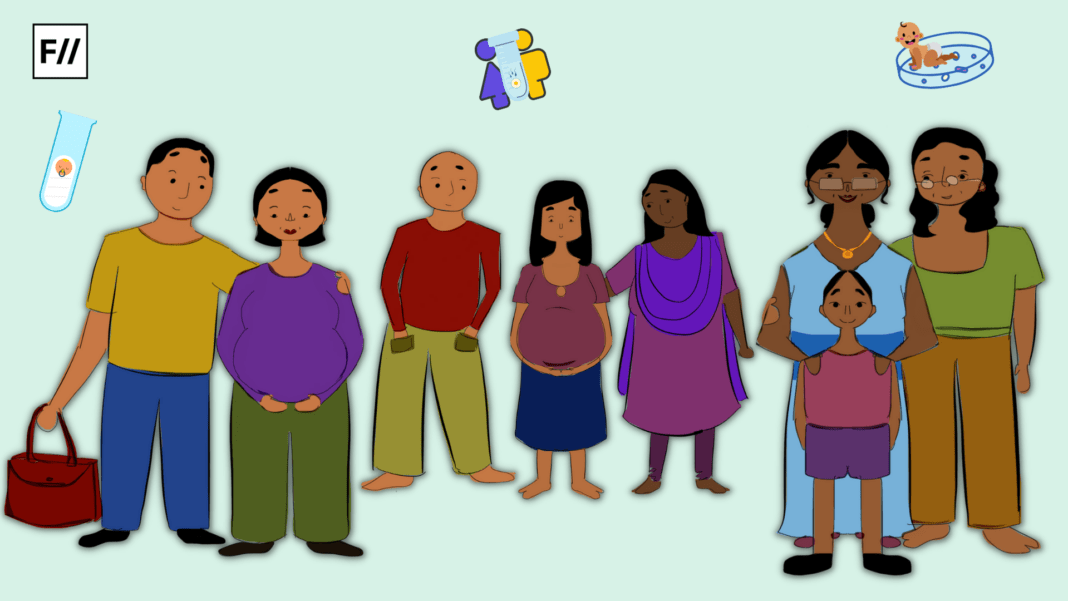Partners for Law in Development (PLD) with support of Department of Justice, Ministry of Law and Justice, Government of India and UNDP conducted a study on procedural reform and victim friendly responses in the process of rape prosecutions and how they were being implemented. The study was based in Delhi and in accordance with the Criminal Law Amendment Act 2013, the Ministry of Health and Family Welfare (MoHFW) guidelines and protocols for medico-legal care for victims of sexual violence, compensation schemes for victims and directions to dispose rape cases expeditiously through special courts.
The study was conducted through trial observation of 16 cases in four fast track courts in Delhi, and participants were interviewed with the permission of the Delhi High Court. While 16 cases may not have been an adequate number, but where access to reports was concerned, it made for an adequate qualitative study. For the sake of reference, the term ‘victim’ is required to be used here. The victims belonged to the age bracket of 18-50 years, though most of them were in their 20s and 30s. They belonged to vulnerable communities when it came to their socio-economic background and were dependent on their families. Confidentiality was part of the ethical framework of the study.
On 1st September, PLD organised an event titled ‘Towards victim-friendly responses to rape prosecutions’, in India International Centre, Delhi. The event entailed the release of the study report titled, ‘A Study of Pre-Trial and Trial Stages of Rape Prosecutions in Delhi’, as well as a panel discussion. The panel was introduced by Madhu Mehra, Executive Director at PLD, and panellists included Senior Advocate Rebecca John; Mrinal Satish, professor at National Law University in Delhi; and Pratiksha Baxi, associate professor at Jawaharlal Nehru University, Delhi.
Also Read: The Historical Journey Of Rape Laws In India
The Pre-Trial And Trial Stage
Madhu Mehra says that, “Rape is rarely a one-time offense”. The accused knows the victim and has access to the victim. Most of the provisions around rape prosecutions are premised in the courtroom, and where acquaintance rape is concerned, this may hamper legal proceedings. The report states that, “Some victims experienced obstacles and harassment from the Police in registering the FIR”. In the pre-trial stage, the police try to dissuade them, and FIR copies get delayed. The report also states that, “In most cases, the medical examination was not conducted in consonance with MoHWF Guidelines. Consent is not formally taken although signatures/ thumb impression indicating consent is taken on the form; in some cases, medical staff displayed hostility towards the victim”.
“Rape is rarely a one-time offense”. The accused knows the victim and has access to the victim.
In the process of research, only the depositions of the victims were examined, as the purpose of the study was to assess how victims can access law for grievance redressal. The role of public prosecutors is strictly located in the courtroom, which can adversely affect interaction with the victim. The report notes that, “The defence questions during cross examination are inevitably hostile, often sexually suggestive to insinuate consent”. The Presiding Officer (PO) plays a crucial role in the deposition, especially in situations where the defence resorts to intimidate the victim.
The guidelines governing the victim’s deposition were laid down by the Supreme Court in the cases of State of Punjab v. Gurmit Singh and Sakshi v. Union of India. The 2013 Amendments in the law relating to sexual assault mandate that the trial should be completed within a span of two months. However, the report notes that, “None of the cases were concluded within a period of two months, which seems to be an unrealistic time limit that is likely to compromise the fair trial standards”. There are only two forensic labs in Delhi, which make the span of two months highly improbable. Rebecca John further explains the disadvantages of fast track courts and rapid court proceedings by explaining that, “everything is shortcut, the quality of evidence is compromised… not even the testimony of the survivor is completed in two months”.
Availability Of Support Services
Within the system, there is no point person to guide the victim, besides the occasional NGO or a government body such as the Commission of Women which sometimes steps in. Wherein the victims and their families are vulnerable to exploitation. According to the report, “the absence of any agency being mandated to inform and facilitate the victim’s access to compensation, none of the victims in the study were aware of their right or availed of interim compensation. A letter intimating one victim of final compensation due to her was issued on conclusion in one case that ended with conviction.”
The family needs counselling also. The family is extremely strained when navigating such situations. The biggest lacuna is that outside the courtroom, the victim is left to fend for herself. Medico-forensic exams need orientation, medical staff needs training in dealing with victims and in terms of interim compensation that is missing. The report further explains that, “An incident of sexual assault triggers external and internal pressures rendering women more vulnerable within their families. In such circumstances, individual and family counselling, guarantee of safe shelter, and other support services must be available to help the victim recover. These are not available currently. Independent agencies that can provide comprehensive support systems are needed.
The biggest lacuna is that outside the courtroom, the victim is left to fend for herself.
It was collectively agreed upon that when it came to rape prosecutions, the situation in Delhi was comparatively better. The report ends with recommendations on how to make proceedings more friendly and accessible to victims, both within the judiciary and other agencies within the legal system. As well as the need for more extensive studies within and outside Delhi, to map the legal response to sexual crimes in India.
Also Read: From Mathura Rape Case To Delhi 2012: The Pain Of Ineffective Laws And Dignity on Trial
PLD has uploaded the full report and a summary of the findings.




